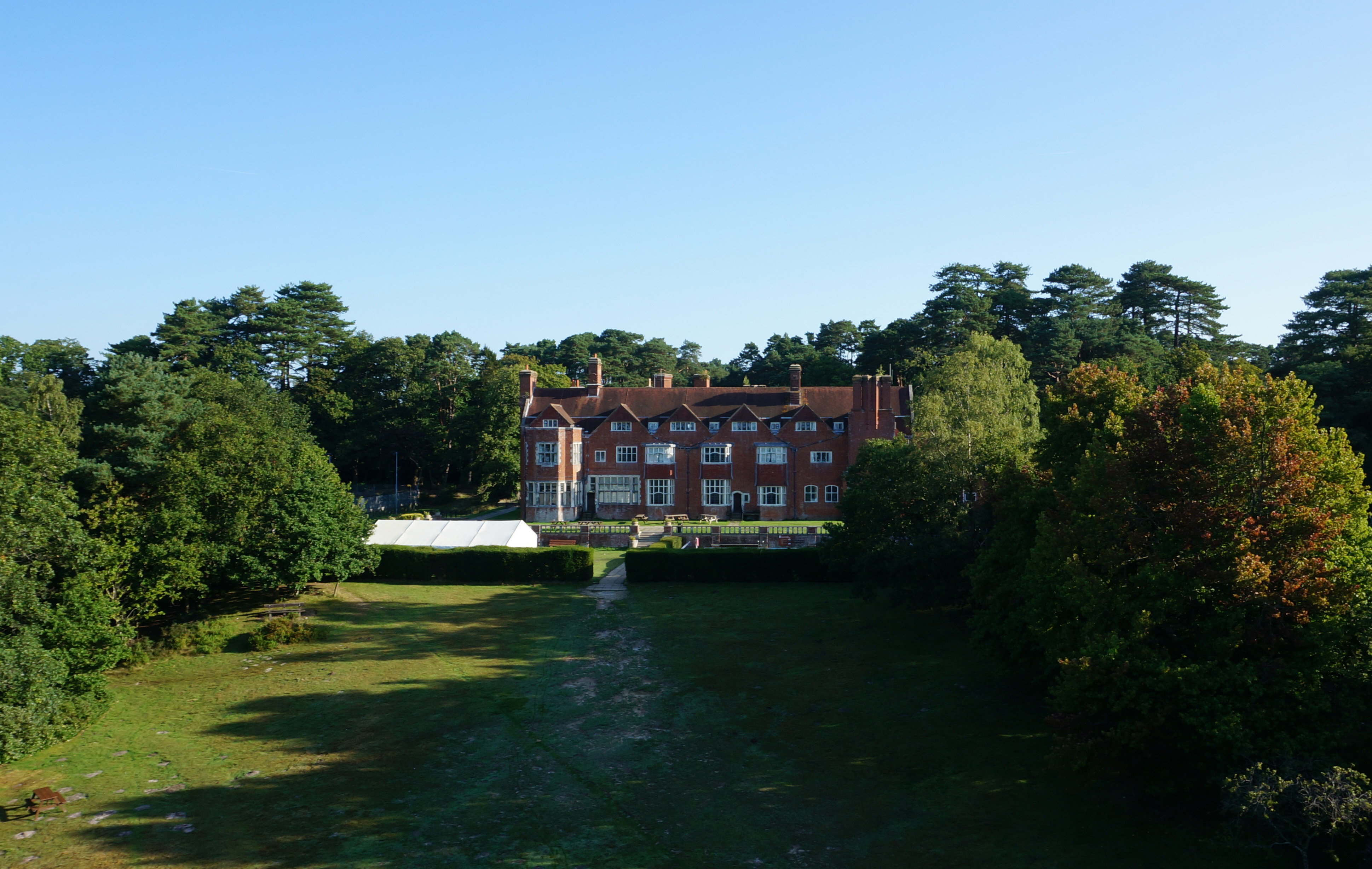The dynamic nature of outdoor learning lends itself to a wide range of beneficial outcomes. There are five core themes of outdoor learning:
Participation
Non-traditional sporting opportunities can help forge a route to life-long engagement in a wide range of outdoor activities. High quality provision encourages young people to engage in the planning of their own outdoor activities – maximising ownership and participation. Reviewing and reflecting on these activities also reinforces learning outcomes, and shows how they can be applied in a wider context in the future.
Self-confidence and achievement
Outdoor Learning offers a wide range of opportunities to challenge young people to develop self-confidence, knowledge and skills. Co-operation can be used to demonstrate how working together helps us, in general, to achieve more, whereas competition can be used to encourage all to do their best. Outdoor learning also offers an alternative pathway for physical achievement, where the only competition is with yourself and the environment. This is often a popular alternative for young people who find head-to-head situations difficult.
Differentiation and progression
Outdoor Learning activities are planned in a way which enables them to be adapted to individual needs. This ensures that all young people are engaged at a level which matches their own development and abilities – enabling young people to take on different roles and show true progression.
Residential experience
A residential outdoor learning experience provides unique opportunities for young people to live away from home, develop independence and undertake a wide range of activities with their peers. They can offer young people the chance to engage in new adventurous activities, within new and challenging environments. This provides unique opportunities for personal development, and is often amongst the most memorable experiences of a young person’s social journey.
Nothing ventured… balanced risks and benefits in the outdoors
It is widely agreed that challenge is an essential part of learning, and learning outdoors is no exception. Challenge has numerous characteristics: a risk of loss or harm, goal setting, participation and physical or emotional activity which pushes beyond the individuals comfort zone. Outdoor learning should always be conducted with these characteristics, and risks, in mind. Operating within a sound framework of safety management is essential, taking a careful assessment of both risk and benefit.
The ultimate responsibility for risk management lies with the leaders and instructors in charge, however, high quality outdoor learning will encourage young people to activity engage in this process throughout the planning process, the activity, and the review itself.
The management of risk is a life skill of high value to young people, both within the work place and other aspects of their lives.
Outdoor education has long been recognised as an important contributor in a young persons’ physical, personal and social development. The last few years has seen the development of a growing body of evidence in support of the positive effect of outdoor learning on the development of young people, particularly in reference to the effect of the natural environment on health and emotional well-being. Development of physical literacy at a young age has been shown to promote a health adult lifestyle, and lifelong enjoyment of outdoor activities.
When effectively integrated into a well-planned learning programme, there is no doubt that outdoor learning can have a positive impact on attainment. In their Outdoor Education report, Ofsted (2004) recognize that outdoor education provides “depth to the curriculum”, while the more recent report by Learning Away /Paul Hamlyn Foundation adds further weight to this statement, concluding that a residential can indeed boost attainment in SATs and GCSE/National 4 and 5 qualifications, in the core subjects of English, Maths and Science.
Read a summary of the report from Learning Away here
Benefits of Outdoor Learning- Effective Outdoor Education Integration
Benefits of Outdoor Education











